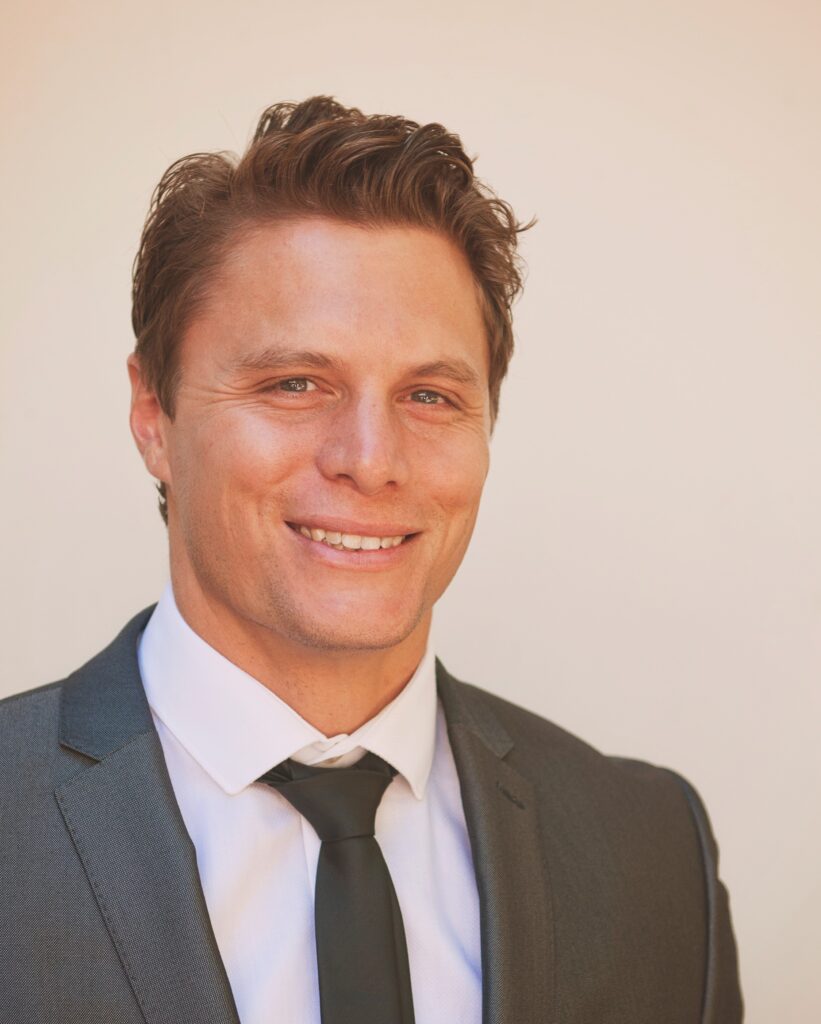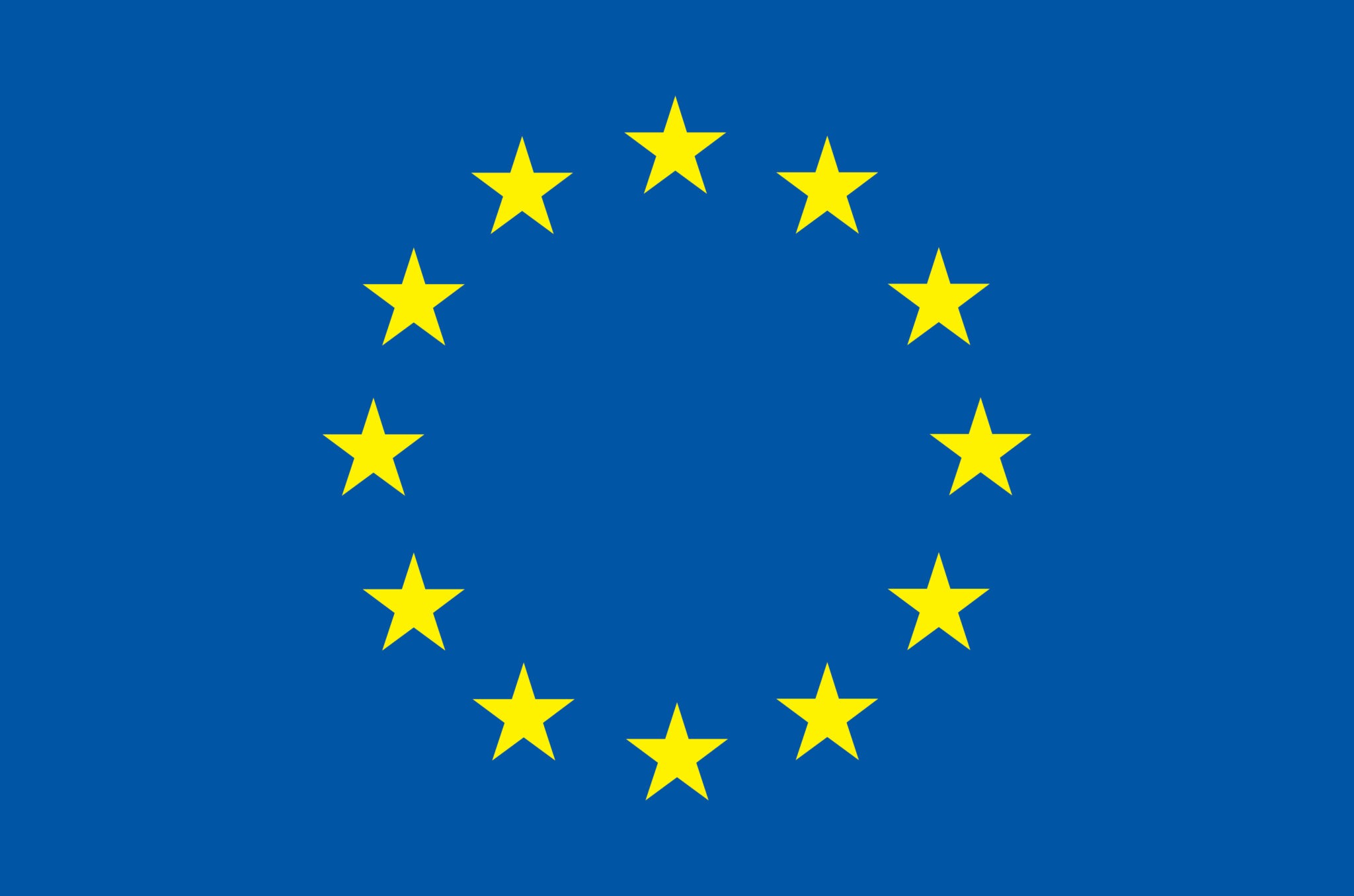Interview with Gabriel Eksteen (ESR 3)
What has your research project focused on?
My research investigated how weight loss surgery affects the digestion of foods and the absorption of nutrients, and whether weight loss surgery increases the risk of losing muscle mass during ageing.
What are the key results and innovations coming from your research project? How will they impact the future of drug absorption in geriatric patients and older people?

One nutrient I focused on is selenium, for which little is known about after bariatric surgery. We found that levels could be too low, but also sometimes too high. This means more supplementation is not necessarily better although the exact amounts needed require further study.
We are still concluding a study on protein digestion, but we have already seen that protein intake is often low, and if digestion is indeed impaired, more specialised protein supplements may be needed.
What were the surprises and highlights of your road to a PhD?
I really enjoyed the study interactions with a group of older adults, more so than I expected. Even if my Dutch was a little ‘rough around the edges’! The conferences and workshops abroad, and AGePOP weeks with fellow PhDs were highlights.
How did the AGePOP network impact your PhD experience?
AGePOP added an extra dimension to my PhD in terms of training, networking, and collaborating with other scientists.
How was your MSCA ITN training different to local PhD programmes? Which training was particularly useful for you?
Whilst I benefited from trainings from both my local PhD programme and the MCCA ITN, the latter was more focused on our scientific discipline. I particularly enjoyed training on in silico pharmacokinetic modelling, something new to me which I could afterwards explore during my secondment.
What are your plans for the future?
First, I need to complete the final year of my PhD and I am looking forward to sharing the findings at a few international conferences in 2025. Thereafter, I would like to explore opportunities to continue biomedical research, whether in academia or in an industry setting.
What message would you like to give other early-stage researchers considering a PhD?
If you can do a PhD, grab the opportunity. If you can join an ITN (new: DN), this is a great way to move to a different research environment and to learn new skills and experience new places.

